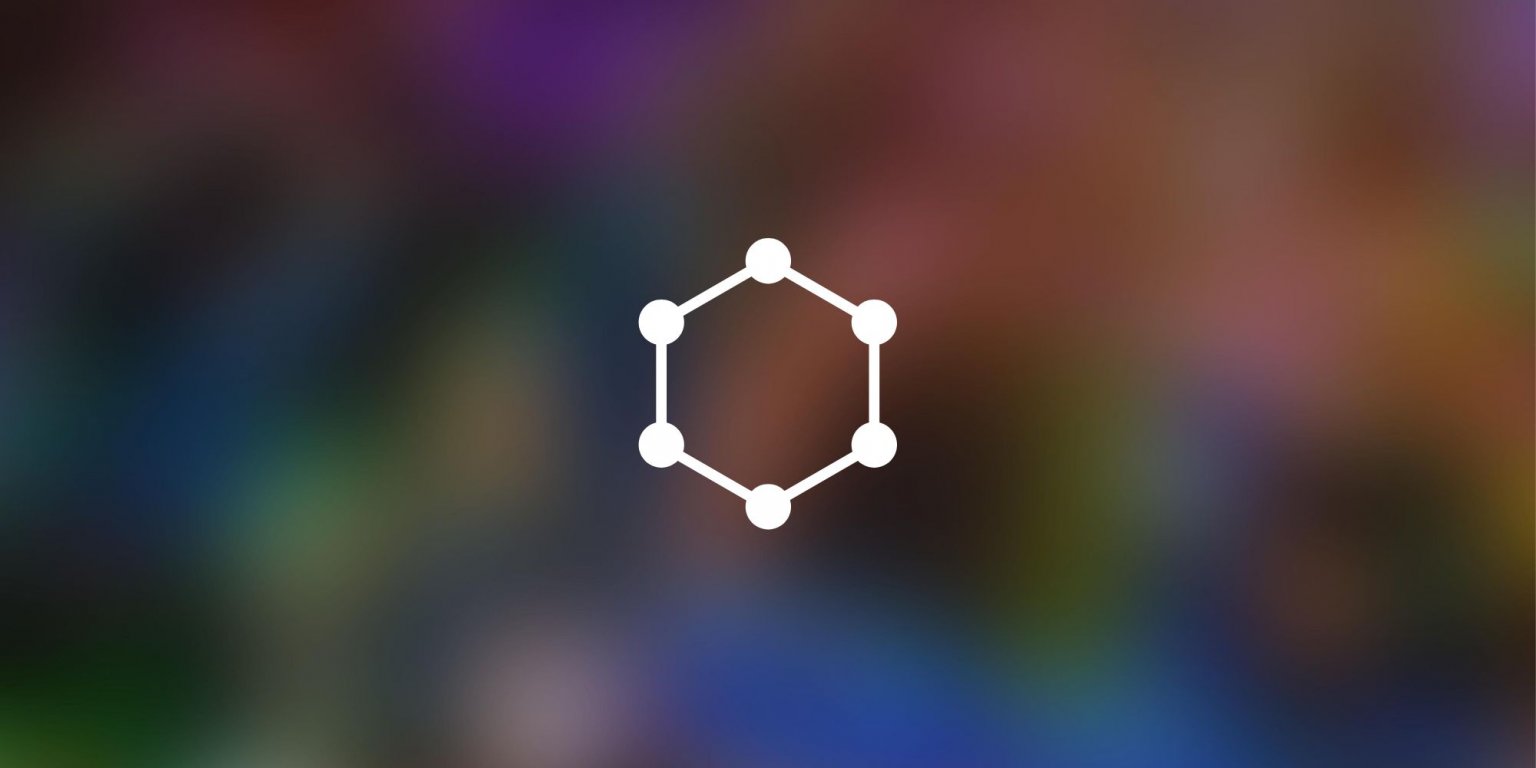Many of the major problems facing science and society today are inherently complex. They concern the operation of systems that exhibit emergent, or unpredictable, behaviour as a consequence of interactions between their component parts. From the operation of cities or the human brain to the dynamics of infectious disease, climate change and pathways to sustainability, researching complex challenges almost invariably requires interdisciplinary collaboration. The tools of the digital revolution, and the techniques of artificial intelligence, have created unprecedented opportunities to maximize the benefits of such collaboration by integrating relevant data from disparate disciplinary sources.
“The next century [the 21st] will be the century of complexity.”
Stephen Hawking, speaking in January 2000.
Yet our capacity for such analysis is currently constrained by the limitations in our ability to access and combine heterogenous data within and across domains. Suboptimal data practices are a major and costly limiting factor on research: it is estimated that 80% of research expenditures are used to prepare inconsistent data for use.
Addressing these problems is crucial if we are to use to best effect the increasing quantities of diverse data to understand the complex systems that are at the heart of global challenges. Data must be richly described with metadata, well-documented, transparent and ultimately humanly comprehensible so as to facilitate extraction of meaning from complexity. The fundamental enabler of data-driven science is an ecosystem of resources that enable data to be FAIR (Findable, Accessible, Interoperable and Re-usable) for humans and machines. This ecosystem must include effective, maximally automated stewardship of data, and effective terminologies and metadata specifications. This is a decadal effort and its success will depend on active participation and engagement from all disciplines, including the social and human sciences, and by scientists from all parts of the world, including countries whose data science capacities may be limited.
This project started under our previous Action Plan 2019-2021.
Anticipated impact
Assisting the scientific and innovation communities to accelerate scientific understanding through a step change in the application of interdisciplinary data-intensive methodologies and thereby enable more efficient and transparent science to address global challenges.
Key milestones
✅ The ISC’s Committee on Data (CODATA) proposes a Decadal Programme: Making data work for cross-domain grand challenges’ – to address these challenges in the period 2020-2030. A formal launch is planned at the International Data Week in Seoul, Korea, in June 2022.
Find out more on the CODATA website.
Next steps
🟡 CODATA is now putting in place the core funding, capacity and pilot activities partnerships in order to undertake the Decadal programme.
🟡 As part of this process of partnership building, CODATA invites discussions with a range of institutions, cross-domain research projects, standards organisations and groups with expertise in data interoperability.
Contact
Science Officer
megha.sud@council.science

